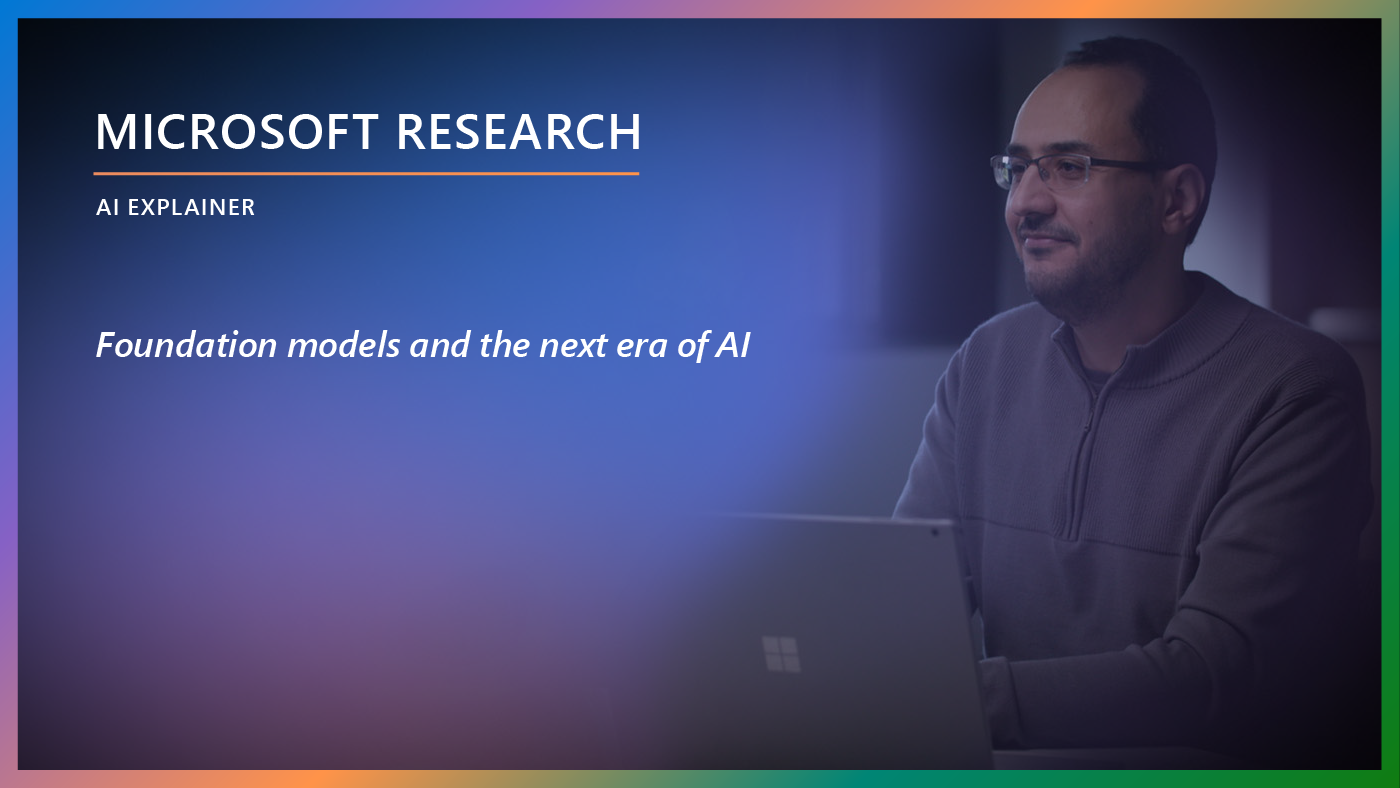By
Advances in artificial intelligence have improved our lives in many ways. Thanks to methods developed in artificial intelligence, we have GPS systems that help us to get where we are going, smart phones that understand what we are saying and early-stage tools to predict serious medical complications and guide treatments.

Eric Horvitz (left) and Thomas Dietterich
Spotlight: On-demand video
These tools offer only a small glimpse of the ways in which artificial intelligence will benefit us and influence our lives in years to come, two top leaders in the artificial intelligence field say. They argue that researchers must focus even more intensely on near-term artificial intelligence challenges while also thinking about and addressing concerns voiced about future, dystopian potential consequences.
“We believe computer scientists must continue to investigate and address concerns about the possibility of the loss of control of machine intelligence via any pathway, even if we judge the risks to be very small and far in the future,” Eric Horvitz (opens in new tab) and Thomas Dietterich (opens in new tab) write in Viewpoint, which appears this week in the Communications of the Association for Computing Machinery, a leading journal serving computing professionals in academia and industry.
In the Viewpoint, the two authors discuss beneficial contributions on the horizon, including artificial intelligence technologies that could save many thousands of lives lost to accidents on our roadways and errors made in hospitals. They also note that artificial intelligence will lead to substantial advances in education, transportation and commerce.
Read the full Viewpoint: Rise of Concerns about AI (opens in new tab)
Horvitz, a technical fellow and managing director of Microsoft Research’s Redmond, Washington, lab (opens in new tab), and Dietterich, a distinguished professor at Oregon State University (opens in new tab) who is also the current president of the Association for the Advancement of Artificial Intelligence (opens in new tab), advocate for more research into a broad range of these near-term problems. They include cybersecurity risks, programming errors, unintended behaviors and socioeconomic effects.
Another risk to consider: Fear. In addition to doing research to prevent costly consequences, the researchers note that computer scientists must communicate clearly with non-experts about artificial intelligence advances.
“Beyond scholarly studies, computer scientists need to maintain an open, two-way channel for communicating with the public about opportunities, concerns, remedies and reality of AI,” they write.
Read more:





